Saudi Arabia’s appalling human rights record much worse under bin Salman: Opposition
A prominent Saudi opposition figure says the scale of human rights violations in the Persian Gulf kingdom has dramatically risen up ever since Crown Prince Mohammed bin Salman (MbS) took the helm of state affairs in 2017, and the vicious crackdown against dissidents now expands to their families and close relatives.
Hamza al-Shakhouri, a leader of the Arabian Peninsula Opposition bloc, said the Riyadh regime has long been violating human rights and has an abysmal record of arbitrary detentions, unlawful imprisonment, various forms of physical and mental torture, discrimination, illegal executions and sham trials.
“The judiciary has no independence whatsoever in Saudi Arabia, and the House of Saud exerts absolute control over the system of courts. The monarch has the final say on anything that the executive branch and the legislature come up with. Historically, this has always been the case since the Kingdom of Saudi Arabia was founded in 1932,” he told IRNA.
Shakhouri added, “The trend has, however, become much worse at present. Previously, Saudi authorities would not repress the families and relatives of political opponents and dissidents. But, repression now applies to the wives, children, parents, brothers and sisters of opposition figures.”
“After King Salman assumed the throne on January 23, 2015 and bin Salman became heir to the throne two years later, the extent of crackdown has considerably widened and affected all regions of the country, all tribes, religions, and strata of the society.”
“Oppression and illegal, inhumane and immoral actions have taken heavy tolls on most people, and the situation is getting worse day by day. The sweeping campaign of repression against independent dissidents and activists has reached the point, where one may risk his life by writing a sentence, publishing a post on Twitter, or re-posting someone else’s tweet deemed critical of the government,” the Saudi opposition leader said.
‘Al Saud surprises world every time with mass executions’
Shakhouri pointed to the high number of executions in Saudi Arabia, stating that nearly 200 activists, dissidents and religious scholars have been put to death in the kingdom over the last 7 years.
Elsewhere in his remarks, the Saudi dissident said that a great proportion of Saudi society is fiercely opposed to the much-touted social reform agenda led by MbS, as the society remains socially and religiously conservative.
‘Intl. community overlooks rights violations for sake of own interests’
Shakhouri went on to say it would not be sensible to count on the international community to defend the rights of oppressed nations, as world powers and arrogant countries do not care about anything other than their own interests.
“Nowadays, everybody knows that Saudi rulers are a bunch of thugs and autocrats, and that their political system is a dictatorial one detached from present-day principles and norms,” he said.
“Elections are not held at all in the country. All three branches of the government have no independence and are under full command and control of the king,” Shakhouri said.
The Saudi activist also referred to the dire situation of Shia Muslims in Saudi Arabia, stating that members of the religious community are facing various forms of restriction, discrimination, repression and neglect, and their basic rights have been blatantly flouted over the last 30 years.
Saudi Arabia-Israel normalization
Turning to the clandestine relations between Riyadh and Tel Aviv regimes, Shakhouri said they are in close contact with each other since both were established by the United Kingdom.
“Britain is the founder of both regimes. They were created in order to divide Muslim and Arab peoples, dominate the resources and facilities of the region, and prevent the progress of the nations. We believe that the downfall of the Israeli regime will lead to the collapse of the House of Saud, and vice versa,” he said.
Shakhouri noted that Saudi Arabia would not like to be recognized as the flag-bearer of normalization of diplomatic ties between Muslim states and Israel, but is pushing Southeast Asian nations, such as Indonesia and Malaysia, to join the bandwagon.
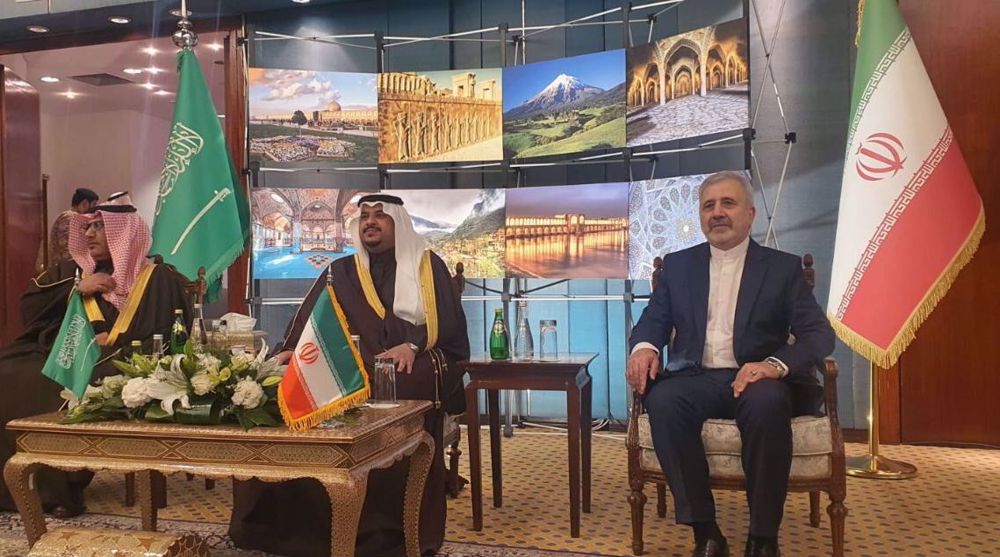
Tehran, Riyadh expanding, deepening mutual cooperation: Iran’s ambassador
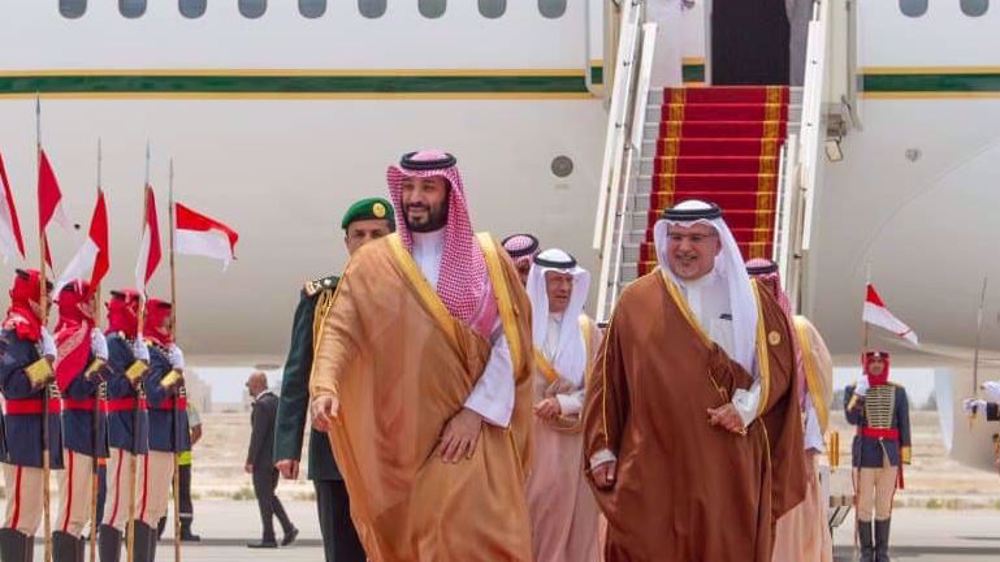
Arab League condemns Netanyahu’s proposal to create Palestinian state in Saudi Arabia
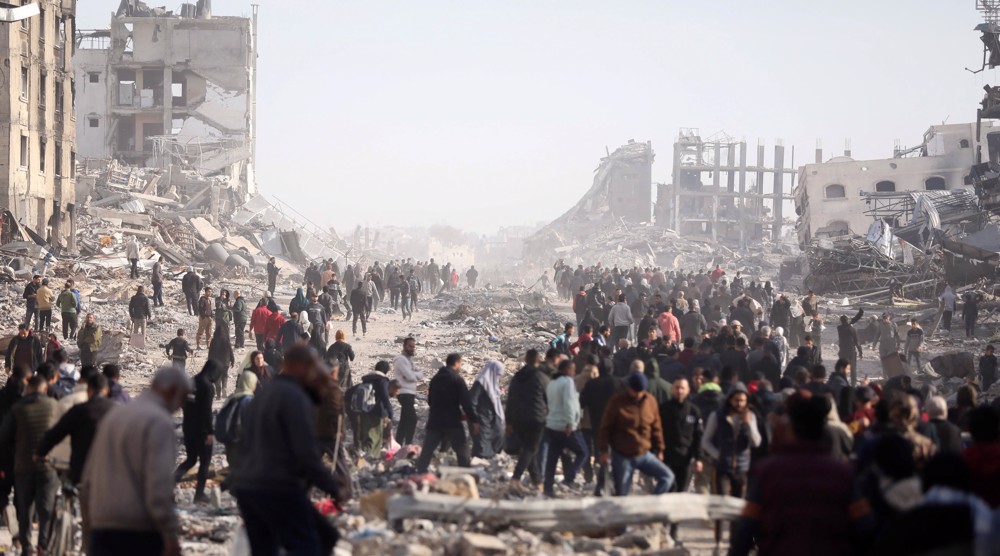
‘Extremist mindset’: Riyadh rejects Netanyahu’s remarks on displacing Palestinians
Hezbollah's display of power proved resistance cannot be eliminated: Iran parl. speaker
Israel escalates West Bank raids as official says regime seeking to complete Gaza genocide
Australian senator smeared by anti-Iran groups for saying Iranian women 'have a voice'
Palestinian man dies in Israeli prison as Foreign Ministry urges intl. probe into regime’s crimes
Putin says not opposed to Europeans’ involvement in Ukraine talks
VIDEO | Iranian Kurdish protesters demand European action against PKK, PJAK terror
VIDEO | Israel expands offensive in northern West Bank, deploys tanks to Jenin
VIDEO | Spaniards fill streets of Cádiz in solidarity with Palestine


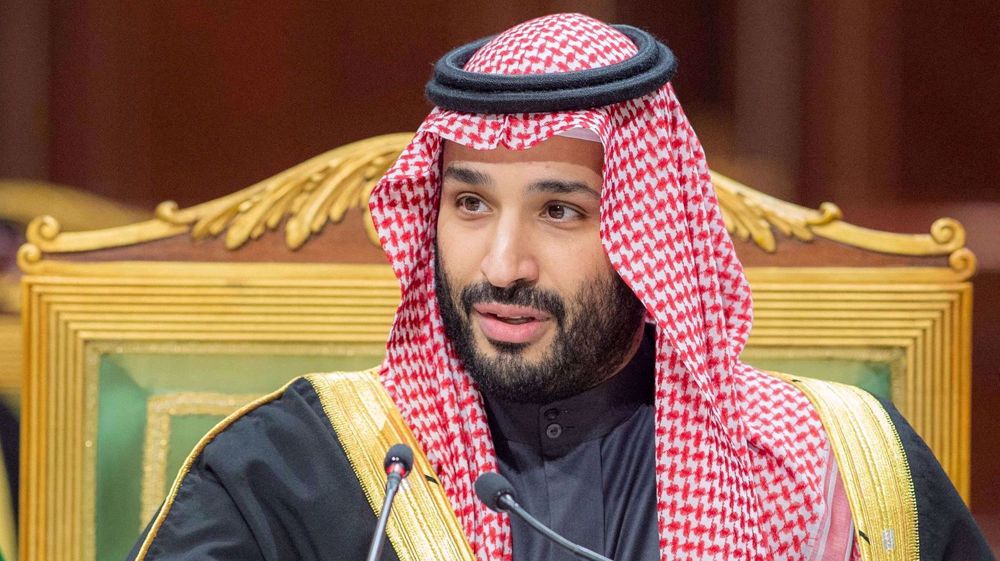
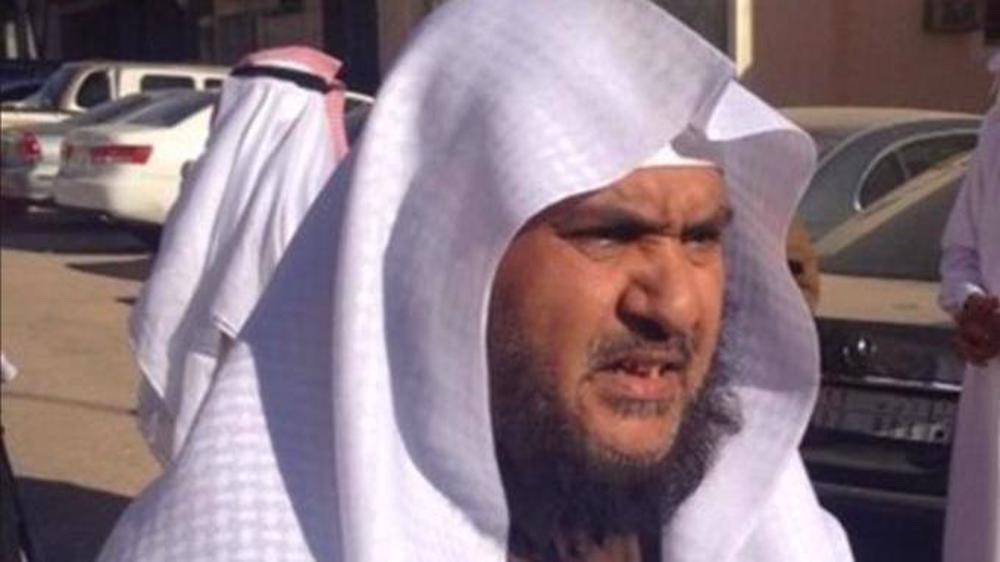
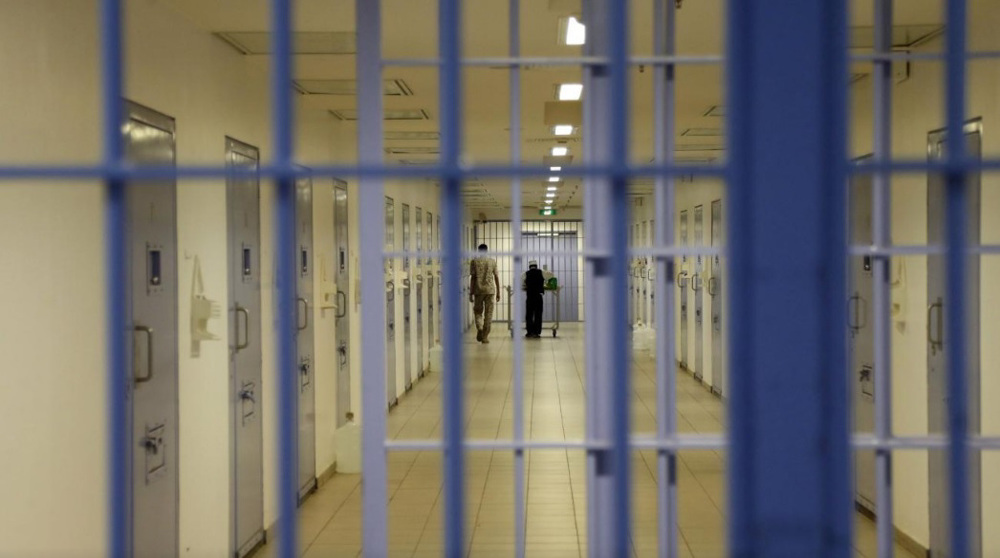
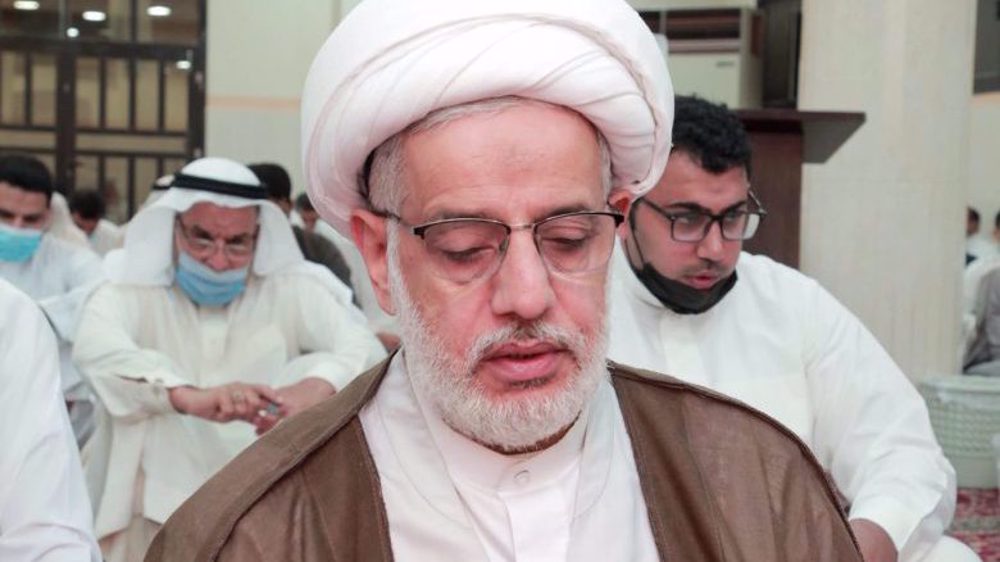



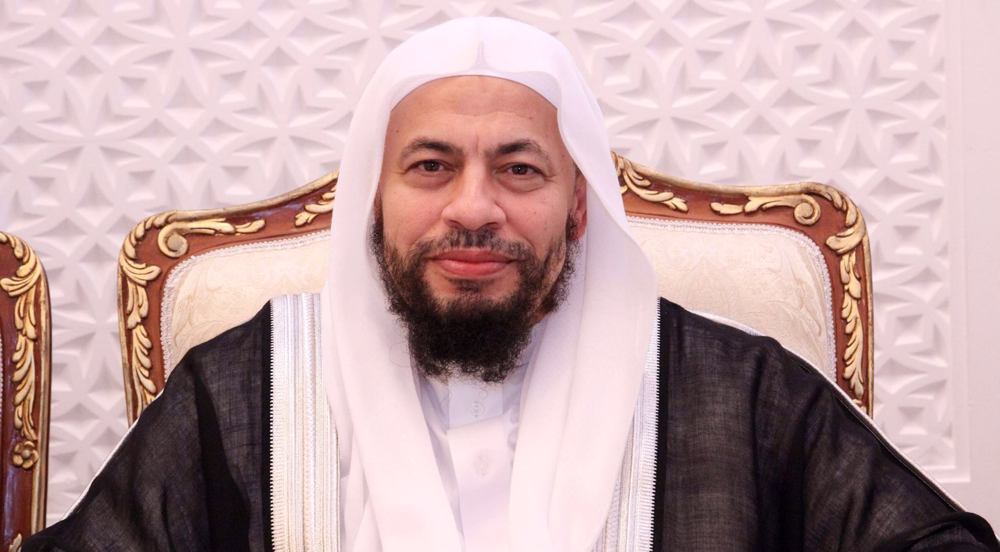

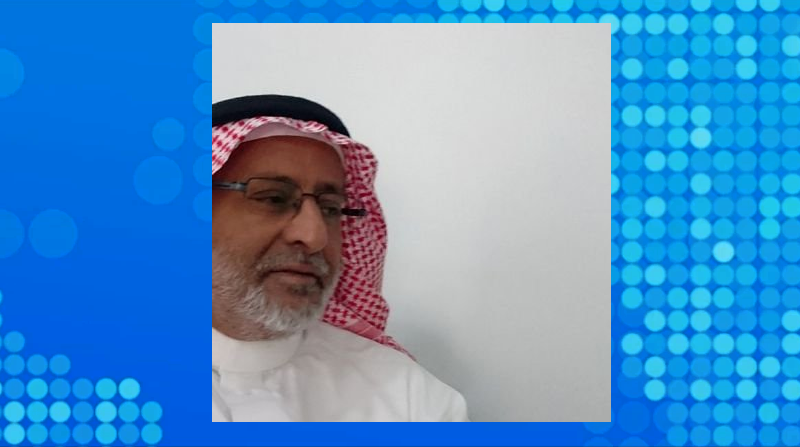
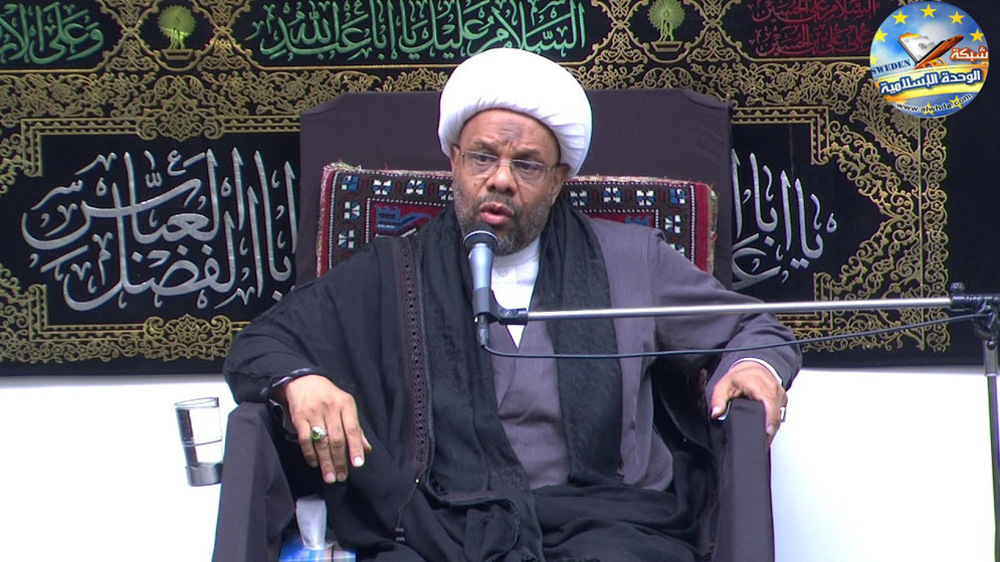
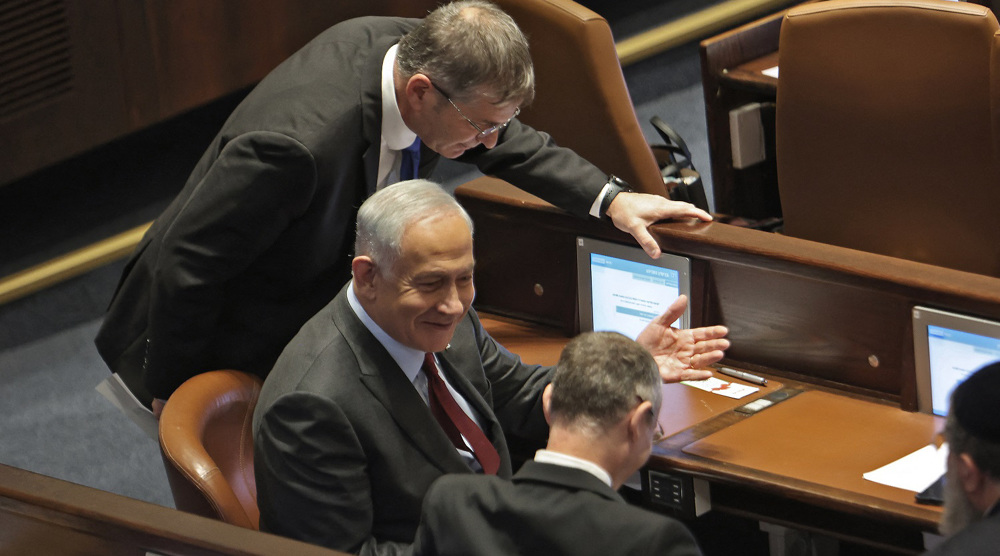
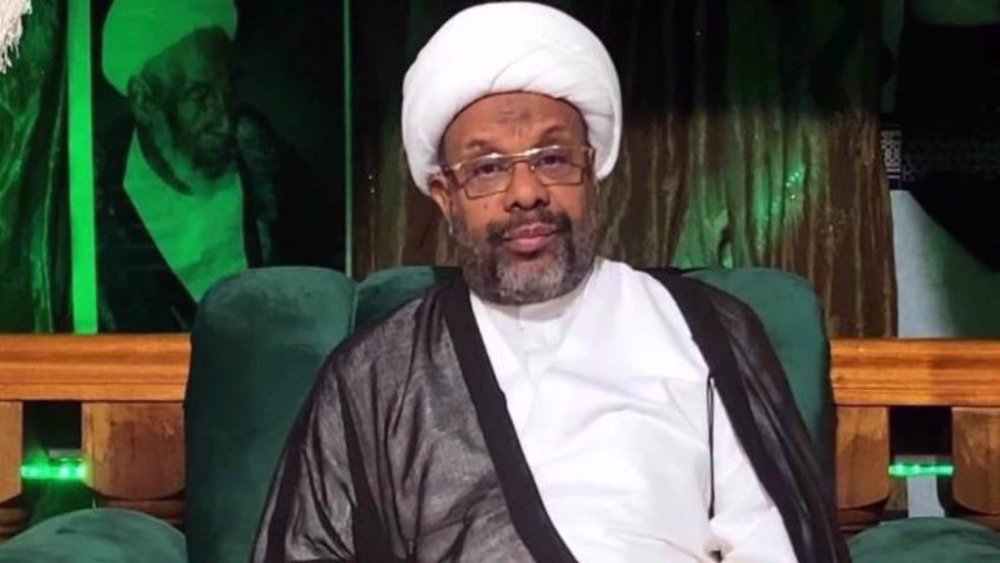

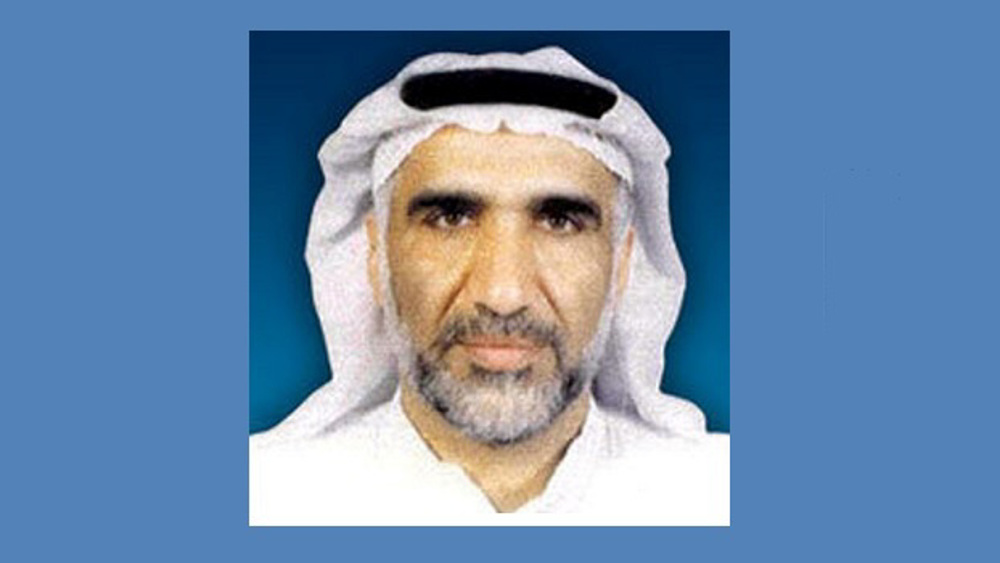
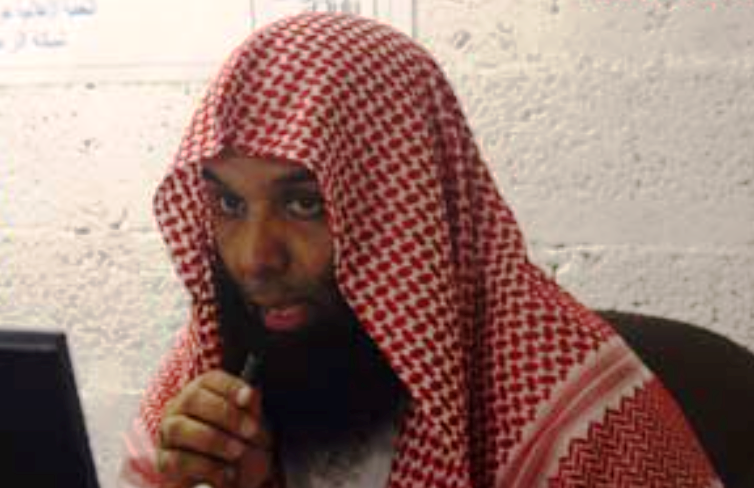
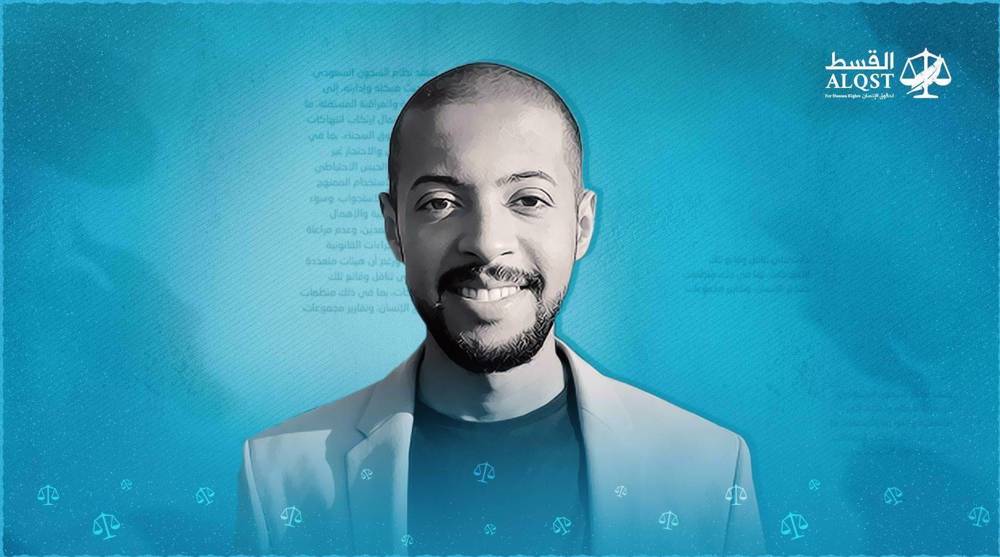

 This makes it easy to access the Press TV website
This makes it easy to access the Press TV website